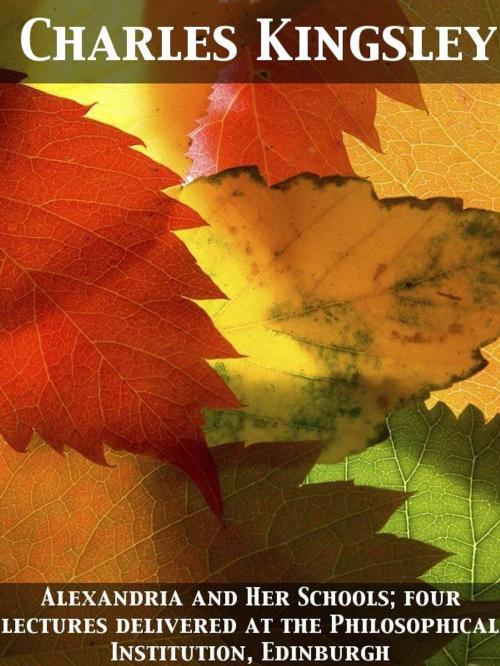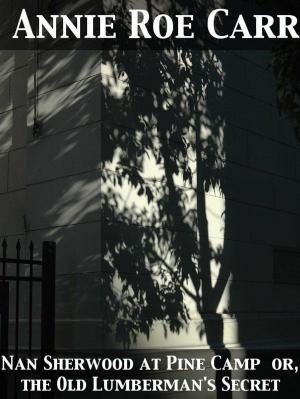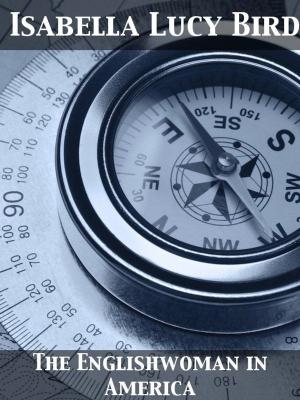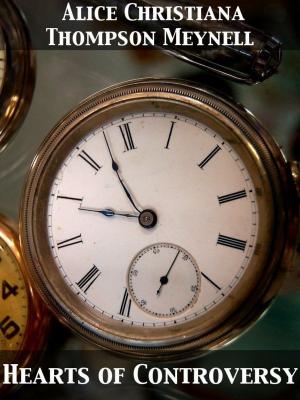Alexandria and Her Schools; four lectures delivered at the Philosophical Institution, Edinburgh
Fiction & Literature, Classics| Author: | Charles Kingsley | ISBN: | 9782819930822 |
| Publisher: | Release Date: November 27, 2011 | Publication: | November 27, 2011 |
| Imprint: | pubOne.info | Language: | English |
| Author: | Charles Kingsley |
| ISBN: | 9782819930822 |
| Publisher: | Release Date: November 27, 2011 |
| Publication: | November 27, 2011 |
| Imprint: | pubOne.info |
| Language: | English |
I should not have presumed to choose for any lectures of mine such a subject as that which I have tried to treat in this book. The subject was chosen by the Institution where the lectures were delivered. Still less should I have presumed to print them of my own accord, knowing how fragmentary and crude they are. They were printed at the special request of my audience. Least of all, perhaps, ought I to have presumed to publish them, as I have done, at Cambridge, where any inaccuracy or sciolism (and that such defects exist in these pages, I cannot but fear) would be instantly detected, and severely censured: but nevertheless, it seemed to me that Cambridge was the fittest place in which they could see the light, because to Cambridge I mainly owe what little right method or sound thought may be found in them, or indeed, in anything which I have ever written. In the heyday of youthful greediness and ambition, when the mind, dazzled by the vastness and variety of the universe, must needs know everything, or rather know about everything, at once and on the spot, too many are apt, as I have been in past years, to complain of Cambridge studies as too dry and narrow: but as time teaches the student, year by year, what is really required for an understanding of the objects with which he meets, he begins to find that his University, in as far as he has really received her teaching into himself, has given him, in her criticism, her mathematics, above all, in Plato, something which all the popular knowledge, the lectures and institutions of the day, and even good books themselves, cannot give, a boon more precious than learning; namely, the art of learning
I should not have presumed to choose for any lectures of mine such a subject as that which I have tried to treat in this book. The subject was chosen by the Institution where the lectures were delivered. Still less should I have presumed to print them of my own accord, knowing how fragmentary and crude they are. They were printed at the special request of my audience. Least of all, perhaps, ought I to have presumed to publish them, as I have done, at Cambridge, where any inaccuracy or sciolism (and that such defects exist in these pages, I cannot but fear) would be instantly detected, and severely censured: but nevertheless, it seemed to me that Cambridge was the fittest place in which they could see the light, because to Cambridge I mainly owe what little right method or sound thought may be found in them, or indeed, in anything which I have ever written. In the heyday of youthful greediness and ambition, when the mind, dazzled by the vastness and variety of the universe, must needs know everything, or rather know about everything, at once and on the spot, too many are apt, as I have been in past years, to complain of Cambridge studies as too dry and narrow: but as time teaches the student, year by year, what is really required for an understanding of the objects with which he meets, he begins to find that his University, in as far as he has really received her teaching into himself, has given him, in her criticism, her mathematics, above all, in Plato, something which all the popular knowledge, the lectures and institutions of the day, and even good books themselves, cannot give, a boon more precious than learning; namely, the art of learning















